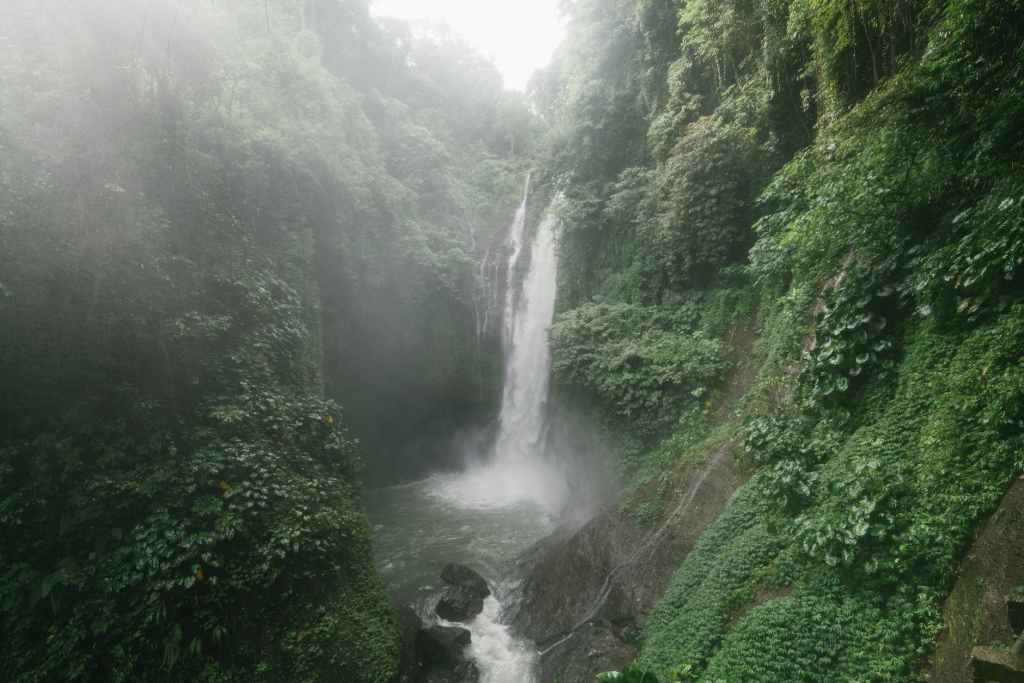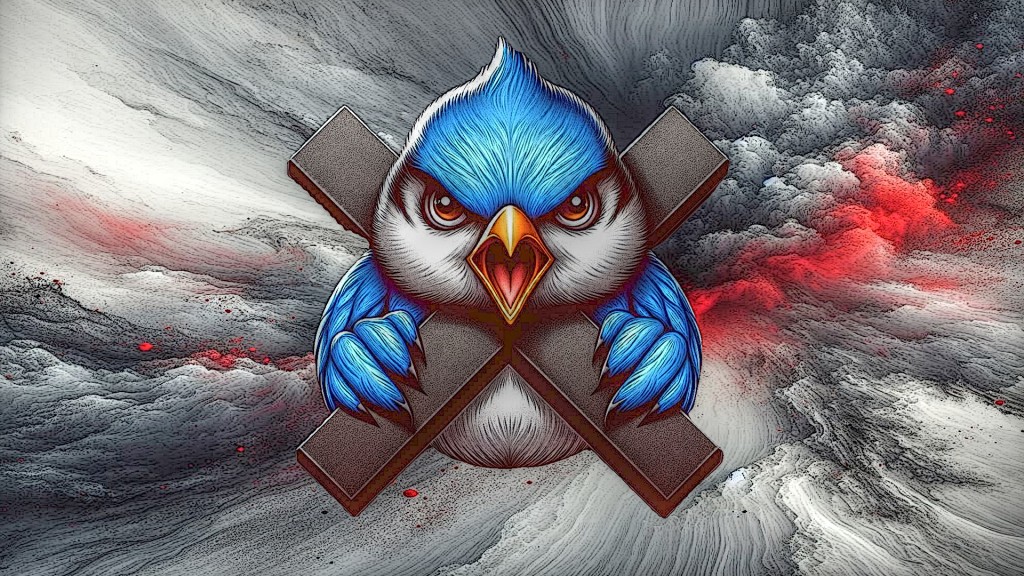From Tongan Folklore
Once upon a time there was living at Vaini, in Tongatabu, a great chief called Maafu, whose descendants are living to this day. It was Maafu’s habit to bathe every evening in a water hole known as Tufatakale, so called because close by there lived at one time a man and a woman whose names were Tufa and Kale. Maafu, being a cleanly person, used to take a piece of coconut husk with him as a sort of scrubbing brush. After he had finished with it, he always threw it on a flat stone at the side of the water hole.
Living in the immediate vicinity was a huge female lizard, who, after Maafu’s evening bath, always came and swallowed the piece of coconut husk. Time went on and a most astonishing thing occurred. The lizard gave birth to twins- not lizards – but to all appearance, shape, and size, human beings. She called them Maafu Toka and Maafu Lele.
Years rolled by and the two boys had almost reached manhood, when one day they went to their mother and said: “We are tired of living here by ourselves. Tell us who our father is and we will go to him and live with him.” The old lizard realized that it was of no use trying to keep hidden any longer two such fine, healthy, and happy youths. So with a sad heart she rubbed them all over with scented oil, dressed their hair and hung sweet smelling garlands of flowers and leaves round their necks. Her directions were that they were to take a certain road and at the end of it, where it opened out into the town, they would see a large house, outside of which a number of people would be sitting drinking kava. They were not to go up at once, but were to watch and see to whom the greatest respect was being paid. Then, after the kava drinking was over, they were to approach the person to whom the greatest respect had been shown. That person would be Maafu, their father.
The boys bade their mother farewell. By carrying out her instructions they soon found the house and saw the kava drinking ceremony. It did not take them long to recognize their father, but they waited at a little distance until the kava-drinking was finished. Then they approached the party. While they were drawing near, the people turned to each other and asked who the two young men of such handsome appearance were. But none knew them and then conjectures were made as to whether a canoe had arrived from Haapai or Vavau.
The two lads went straight to where Maafu was sitting and when close to him, sat down cross-legged on the ground in a respectful manner and waited for him to take notice of them. After an interval Maafu addressed them: “Young men, we do not know who you are, nor whence you have come. Please inform us.” Their only reply was that he was their father. He did not dispute the fact; indeed, he did not even ask who was their mother, because he was afraid that she would want to come and live with them too.
So the boys grew up to manhood with Maafu, but, owing to their unnatural origin, they were the very incarnation of mischief. Besides they were fleeter of foot than ordinary mortals and excelled in all athletic exercises, especially spear throwing. Although on one occasion they broke the leg of one of Maafu’s nephews, this did not worry Maafu so much as the fact that they used him (Maafu) as a target for their spear throwing, each endeavoring to throw his spear as close as possible without hitting the old man. Maafu at last determined to get rid of the two youths, but in such a manner that he did not appear to be the perpetrator of the deed.
With this end in view Maafu called the lads to him one morning and explained that he wanted them to get some water from a certain water hole called Atavhea, which was far away. They were to get the water at high noon, as it was sweetest then. He did not tell them, however, that there was a huge duck living there and that persons going to get water at high noon had never returned.
It was just noon when the boys reached their destination. One stood on the bank, while the other waded into the pond with the empty coconut shells. Hardly had he reached the middle, when the sky became overcast and a rushing sound like a roaring wind was heard. Glancing up, the lad in the water saw a huge duck making straight for him. With admirable quickness he ducked and, as the bird passed over him, his fist shot out with lightning rapidity and with such force as to break the duck’s wing. Then the lad seized the duck by the neck and held it up to his brother’s view, calling out: “Here is a fine duck for Maafu.” The boys filled the coconut shells with water and returned to Vaini. It was in no pleasant frame of mind that old Maafu witnessed their return. Nevertheless, he hid his feelings and thanked them for the water and the bird.
Next morning Maafu sent the boys to another water hole called Muihatafa, which lay in an opposite direction to Atavahea, and from which they were to bring him water. The water, however, must be obtained from the bottom of the pond, as water from that part of the pond had an especially fine flavor. Maafu did not tell the lads that in this water hole there lurked a huge parrot fish. Straightway the lads went and on their arrival at the water hole, one waded in and dived down to the bottom of the pond. Hardly had he reached the bottom when he saw an enormous parrot fish (humu) rushing at him with gaping jaws. Without a moment’s hesitation, he thrust his arm down its throat. Rising to the surface he held it up to his brother’s view, exclaiming: “Here is a fine fish for Maafu.”
The two young men returned to Vaini with the water and the fish. When Maafu saw them approaching he lost all patience and said angrily to them: “I am tired and disgusted with the way you have been behaving yourselves. You have been most mischievous, breaking my nephew’s leg and endangering my life on several occasions. I have come to the conclusion to give you each a plantation (api) far from this town, so that you will not be able to worry us any further.”
The lads, realizing what Maafu’s feelings were, replied: “Do not trouble to do that. We will go of our own accord and so far away that you cannot reach us. We will take our duck and our fish and go up to the sky and live there. Should you want to see us, you will only have to look up on a dark night, and if we want to see you, we will only have to look down.” So the lads went to the sky and are there to this day. Navigators know that should they steer their course by the stars Maafu Toka and Maafu Lele, it will bring them to Vaini. These stars are known to astronomy as the Magellan clouds.
Source:
Tongan Myths and Tales, Edward Winslow Gifford, 1924





